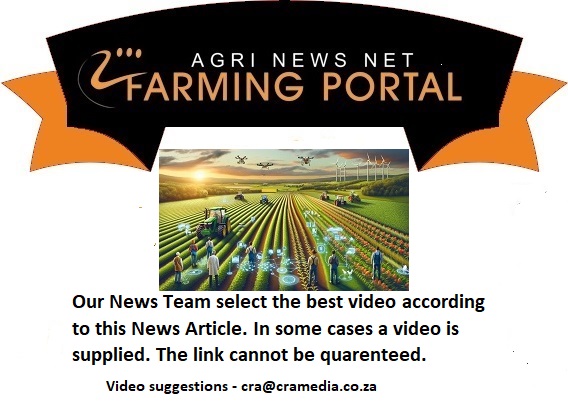Key points:
The Food and Agriculture Organization has released a sustainable food roadmap
It says livestock contributes between 25 and 50 per cent of agrifood system emissions
The roadmap says shifting meat production from red meat to chicken will help
At least half of the food on offer at the UN climate talks is vegan or vegetarian, following a pledge by host, the United Arab Emirates, to encourage caterers to create menus aligned with climate targets.
According to a new roadmap from the world's peak food security body, wealthy countries will need to cut back meat and dairy consumption to hit health and environmental targets.
The Food and Agriculture Organization (FAO) of the UN roadmap outlines a way to feed the world over the next 25 years without increasing the emissions and land clearing that drive climate change and biodiversity loss.
Among 120 recommendations, FAO is calling for better protection of consumers — particularly children — from "invasive marketing campaigns" that promote high sugar content and ultra-processed foods.
The roadmap says shifting meat production from red meat to chicken will help meet global environmental needs.
In 2021, Ethiopian authorities said they planned to increase poultry production to replace non-dairy cattle to limit emissions as demand for meat grew.
FAO says livestock is a critical source of protein and micronutrients, but says the sector contributes between 25 and 50 per cent of agrifood system emissions.
Emissions on butcher's block
Australia earlier this month was among the first of about 150 countries to sign up to the UAE's flagship food systems agenda — its Declaration on Sustainable Agriculture, Resilient Food Systems and Climate Action.
According to the Department of Agriculture, Fisheries and Forestry, the declaration will help create pathways to low-emissions agriculture and aligns with Australia's existing climate plans.
Others to sign up include leading livestock emitters Brazil and the United States, as well as China and the European Union.
Meanwhile, meat giant JBS and Nestlé are among a new coalition of 20 food sector corporations who say they will use their buying power to drive consumer demand for responsibly-sourced products.
A $300-million food innovation partnership has also been launched between the UAE, the Bill and Melinda Gates Foundation, and global agriculture research body CGIAR.
FAO launched the first of its three-part roadmap on Sunday, the COP28 president's day dedicated to food, agriculture and water.
 Red meat is not a health risk. New study slams years of shoddy research
Red meat is not a health risk. New study slams years of shoddy research
Technology over reductions
National Farmers' Federation president David Jochinke said the swathe of pledges were opportunities for producers to take the lead on conversations about climate change.
Mr Jochinke said agricultural representatives at COP28 joined protests to make sure the farmer's place on the climate action frontline was recognised.
"We're very clear that we don't want to see any reducing of production," he said.
"We want to see that farmers can still get on with the business of farming, but doing it with the latest technology and the best research at hand."
The CSIRO says Australia's plant-based protein industry will be worth more than $6 billion by 2030.(Supplied: CSIRO)
Food security advocate Paul Newnham, who advised on COP28's sustainable catering strategy, says food choices affect the planet.
"In order to hit those [environmental] targets, you've actually got to think a lot about ingredients," Mr Newnham said.
"Where do those ingredients come from? What's the impact of those ingredients?"
But Institute for Agriculture and Trade Policy executive director Sophia Murphy says FAO's roadmap focus on the right to food is welcome, but argue it fails to address fossil fuels in food systems.
"The report neglects to call on big agricultural companies to make real emissions reductions," she said.
"Especially in rich countries where cutting methane and nitrous oxide emissions from industrial animal operations is a low-hanging fruit with huge collateral benefits for biodiversity, rural economies and healthy diets."















